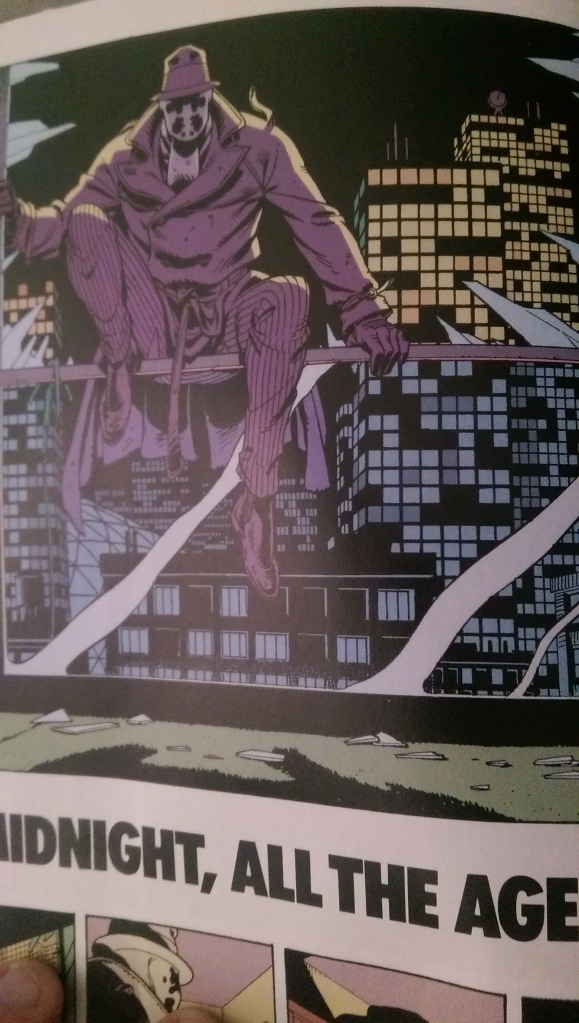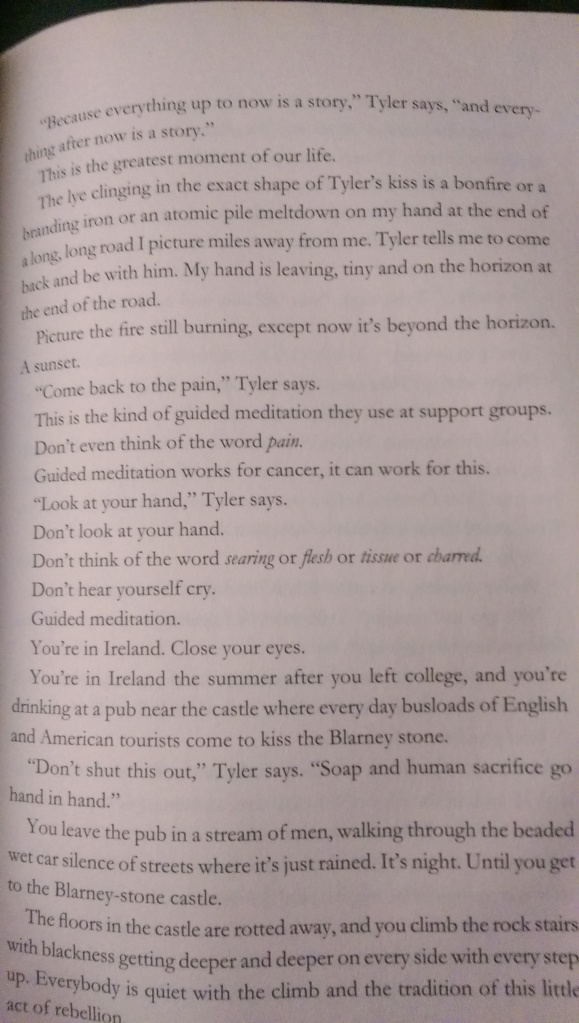I think the idea of a game for a presidential candidate is awesome. It’s a great way to try to engage an entire new generation of potential voters. And with the massive expansion of the smartphone market in the past 10 or so years, it makes the accessibility of these games even more intriguing. The real question is, should candidates be spending real time and resources on getting a game into their campaign?
My simple answer would be no. My expanded answer would be that, with the difficulty to crack the ever-saturated game market and the potential to make games based nothing on the candidates themselves, it is far too high a risk to have these games come with each ballot in November. But, then again, politics essentially is just a game of persuasion and dismissing platform at this point anyway.
Cracking the smartphone or flashgame market now is near impossible. It’s like every game is a small rowboat in the Pacific Ocean. And each little rowboat is different from the others. Now, a lot of those rowboats will crash and sink, but some with specific differences from the others will make it. To make a successful campaign game, you not only have to crack the next-to-impossible odds of making a great game, but you also have to somehow make that game political. How many political video games can you think of that have been successful on any level? Because I can’t think of one.
Second, I aggressively disagree with manipulating (assumingly) young voters with a video game for a candidate. The Dean game seemed to work on strictly using mini-games to build the strongest voter, which seems incredibly off-putting to me. So, the goal isn’t the get the platform of the person you’re potentially voting for out there, it’s to tell the actual voter that the only thing that matters is how strong a voter he or she is? Knowing the stances of the candidate they’re voting on isn’t so important, though? Or, topically, their stance on the war? Just seems the crosshairs are on the wrong target, here.
I love video games and would love their involvement in my life dang near as much as possible. Unfortunately for the next Howard Dean, one of those things isn’t in politics. It could be my constant cynicism when it comes to politics or my unwavering dismissal of anything that comes out of one of their suit-clad mouths, but it definitely is something. Keep the games about sports and first person shooting. Although, the clashing of the two cultures could lead to our first candidate sponsored first-person shooter, which would be an adventure unto itself.

